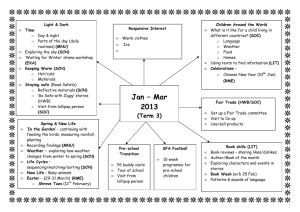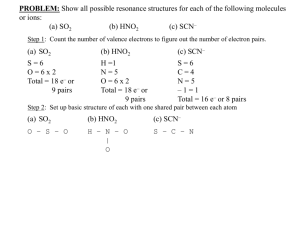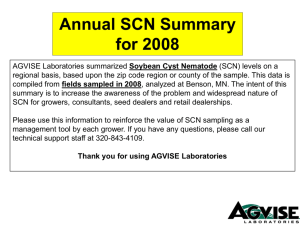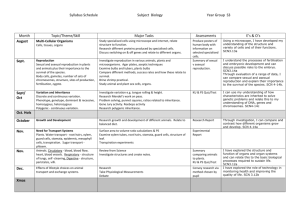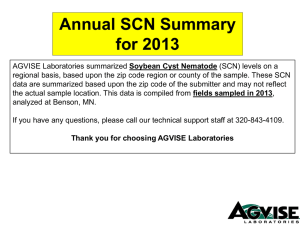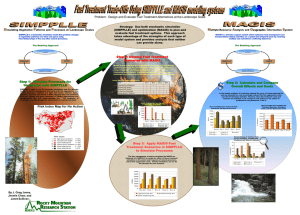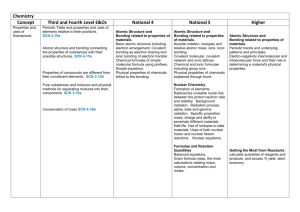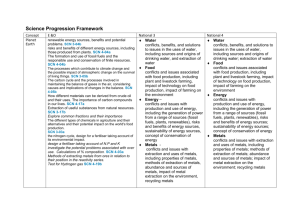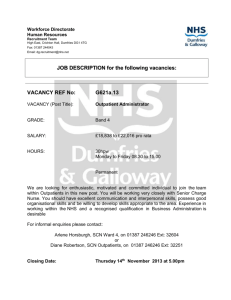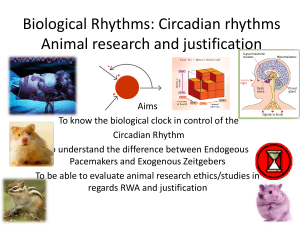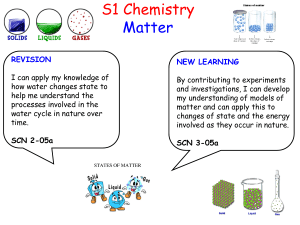SCN linkage problem
advertisement
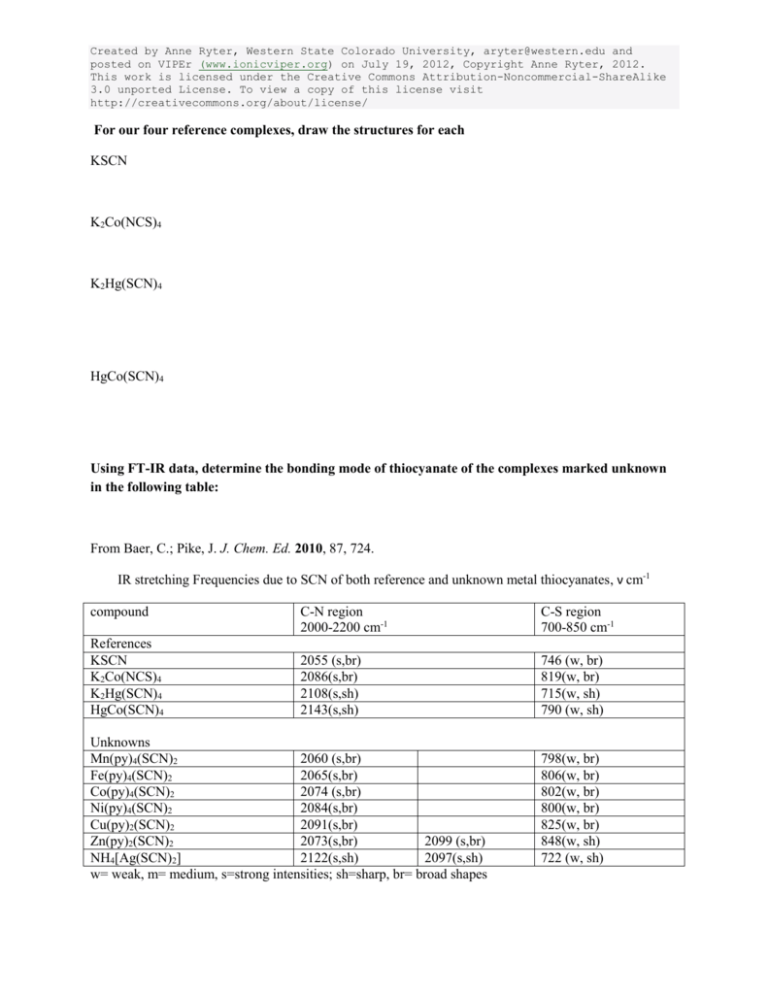
Created by Anne Ryter, Western State Colorado University, aryter@western.edu and posted on VIPEr (www.ionicviper.org) on July 19, 2012, Copyright Anne Ryter, 2012. This work is licensed under the Creative Commons Attribution-Noncommercial-ShareAlike 3.0 unported License. To view a copy of this license visit http://creativecommons.org/about/license/ For our four reference complexes, draw the structures for each KSCN K2Co(NCS)4 K2Hg(SCN)4 HgCo(SCN)4 Using FT-IR data, determine the bonding mode of thiocyanate of the complexes marked unknown in the following table: From Baer, C.; Pike, J. J. Chem. Ed. 2010, 87, 724. IR stretching Frequencies due to SCN of both reference and unknown metal thiocyanates, ν cm-1 compound References KSCN K2Co(NCS)4 K2Hg(SCN)4 HgCo(SCN)4 C-N region 2000-2200 cm-1 C-S region 700-850 cm-1 2055 (s,br) 2086(s,br) 2108(s,sh) 2143(s,sh) 746 (w, br) 819(w, br) 715(w, sh) 790 (w, sh) Unknowns Mn(py)4(SCN)2 2060 (s,br) Fe(py)4(SCN)2 2065(s,br) Co(py)4(SCN)2 2074 (s,br) Ni(py)4(SCN)2 2084(s,br) Cu(py)2(SCN)2 2091(s,br) Zn(py)2(SCN)2 2073(s,br) 2099 (s,br) NH4[Ag(SCN)2] 2122(s,sh) 2097(s,sh) w= weak, m= medium, s=strong intensities; sh=sharp, br= broad shapes 798(w, br) 806(w, br) 802(w, br) 800(w, br) 825(w, br) 848(w, sh) 722 (w, sh) Created by Anne Ryter, Western State Colorado University, aryter@western.edu and posted on VIPEr (www.ionicviper.org) on July 19, 2012, Copyright Anne Ryter, 2012. This work is licensed under the Creative Commons Attribution-Noncommercial-ShareAlike 3.0 unported License. To view a copy of this license visit http://creativecommons.org/about/license/ Data analysis using a quantitative comparison method (to be done in class) Using a spreadsheet, calculate the absolute difference of the stretching frequencies of the unknown compounds and each of the references. For each compound, sum the difference for the C-S and the C-N stretches of each reference; the smallest total supports the best bonding mode.
